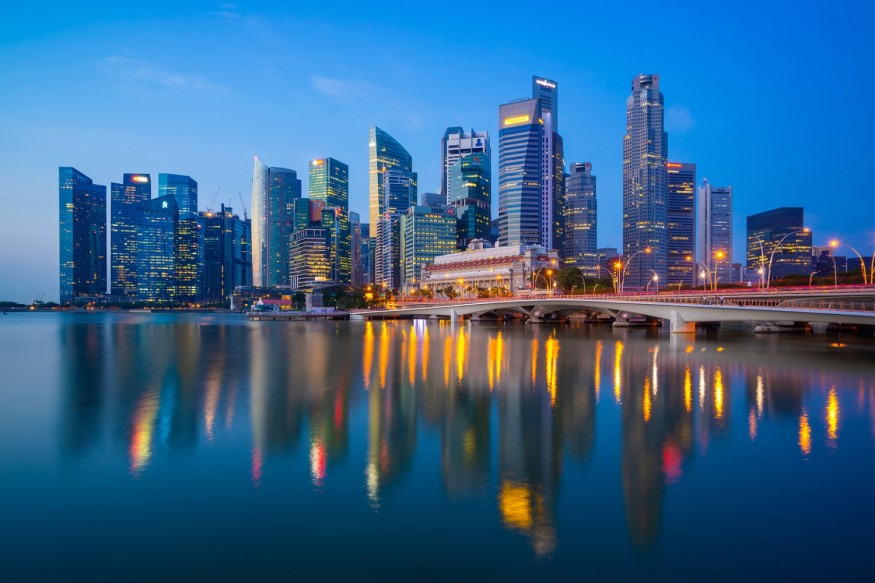What You Should Know About The Singapore Startup Scene

Entrepreneurs and corporate professionals everywhere are constantly trying to learn as much as possible about the role of startups in the world. That's because startup companies have travelled from the margins of the economy to its very core; it's almost impossible to obtain commercial success in this day and age without working with a startup to some extent or another. Despite the importance of startups and the metropolitan hubs where they thrive, however, many entrepreneurs and aspiring professionals know little to nothing about Singapore, one of the world's leading startup scenes.
Why is Singapore so important for and popular with startup companies, anyway? Here's an analysis of Singapore, and what you should know about its startup scene.
The perfect environment for startups
There are a number of reasons that Singapore is the perfect environment for startups. Consider the fact that Singapore has excellent research institutions because it values strong educational opportunities for its citizens; without a large population of well-educated individuals to draw upon, no urban center can become a thriving startup hub. By tapping into its base of well-educated citizens and by strengthening its research and educational institutions, Singapore has laid the foundations for not only short-term growth but also long-term prosperity.
One recent opinion article in the Straits Times made a good comparison between Singapore and Israel, which also found itself to be a regional economic center and hub of innovation unexpectedly. Government sponsored innovation hubs in Singapore and fancy research institutions which are well immersed in urban areas replete with well-educated young professionals have helped turn it into a globally recognized hub for aspiring companies.
In short, Singapore has created the perfect environment for startups by enforcing non-compete clauses in a relatively lax fashion. Examining a legal review of the enforcement of non-compete clauses can help those business professionals who are interested in starting their own company there but are uncertain of the current legal regulations. Coupled with its investment in education and urban facilities, this has enabled Singapore to create a startup-friendly environment.
Know that you must value your talent
Another thing you'll want to know about the Singapore startup scene is that you must value and reward your talent if you don't want your workers fleeing to another, better opportunity provided by one of your competitors. As the business owner, you'll be responsible for keeping your employees happy and within the ranks of your company, but this can be easier said than done. That's why entrepreneurs, corporate managers, and other professionals who are thinking about launching a startup in Singapore should familiarize themselves with strategies for keeping your most talented workers from running away.
Investing in such things as SEO services will obviously be important, but your startup must invest extensively in its talented workers above all else. Valuing workers and attracting the most qualified professionals in the world is one of the reasons that Singapore-based startups have excelled above and beyond their international competitors. Those startups which think that they can cut on their costs of doing business by shunning the needs and wants of their workers will find themselves incapable of generating the success they're so desperately seeking.
Learn about the government
Finally, there's no way to learn the ins and outs of Singapore's startup scene without learning about the government and the many methods it has used to generate a thriving startup ecosystem. A helpful interview with Jonathon Lim, the director for Enterprise Singapore's Startup and Global Innovation Alliance, provides a useful breakdown of the many ways that the government created conditions ripe with potential for startups. Noting that Singapore had only 22,000 startups in 2003 but boast 43,000 such startups as of 2016, he boasts that the region's trust of Singapore and its longstanding economic ties with foreign economies have helped it become the global startup hub to be envied.
That shouldn't imply that endless competition is what makes startups thrive, however; Director Lim also notes that Singapore has helped foster cooperation and coordination between startups, too, which is particularly popular now that coworking arrangements and other tech-enabled changes have swept through the marketplace. It's thus important to consider the role of digital technology when assessing how and why one area becomes a startup hub while another struggles to attract startups at all.
It's thus clear to see that the startup scene in Singapore is directly tied to previous investments made by the government and private actors alike. By focusing on increasing trust between Singapore and other economies, the government did an excellent job cultivating a startup-friendly ecosystem that was immensely attractive to foreign investors. Private actors, too, have embraced coordination and cooperation instead of stymieing one another through competitive strategies. Those who wonder how and why Singapore became a thriving startup hub to be envied at a global level should assess the prudent decisions made by its government.
Subscribe to Latin Post!
Sign up for our free newsletter for the Latest coverage!
© 2025 Latin Post. All rights reserved. Do not reproduce without permission.















